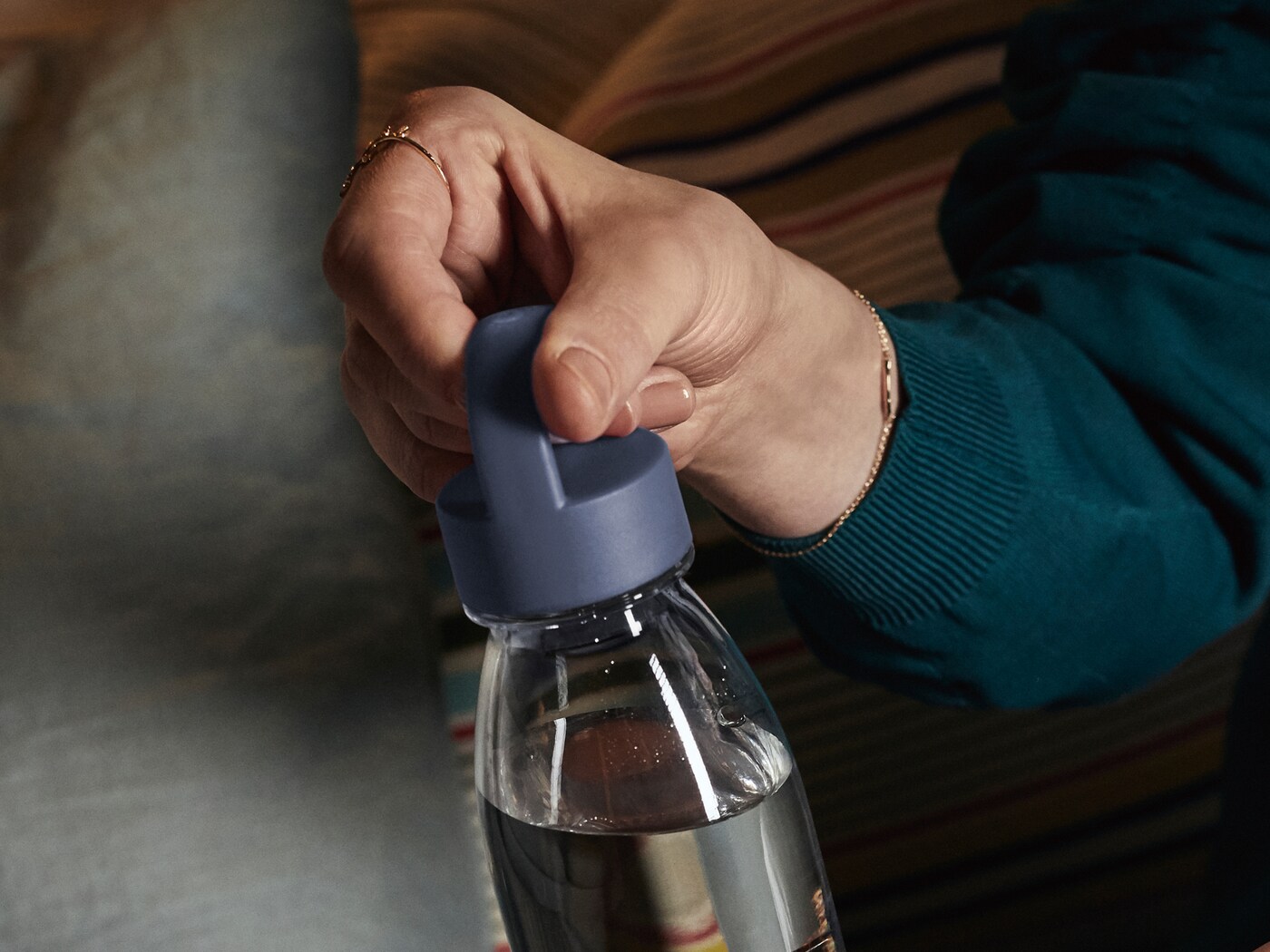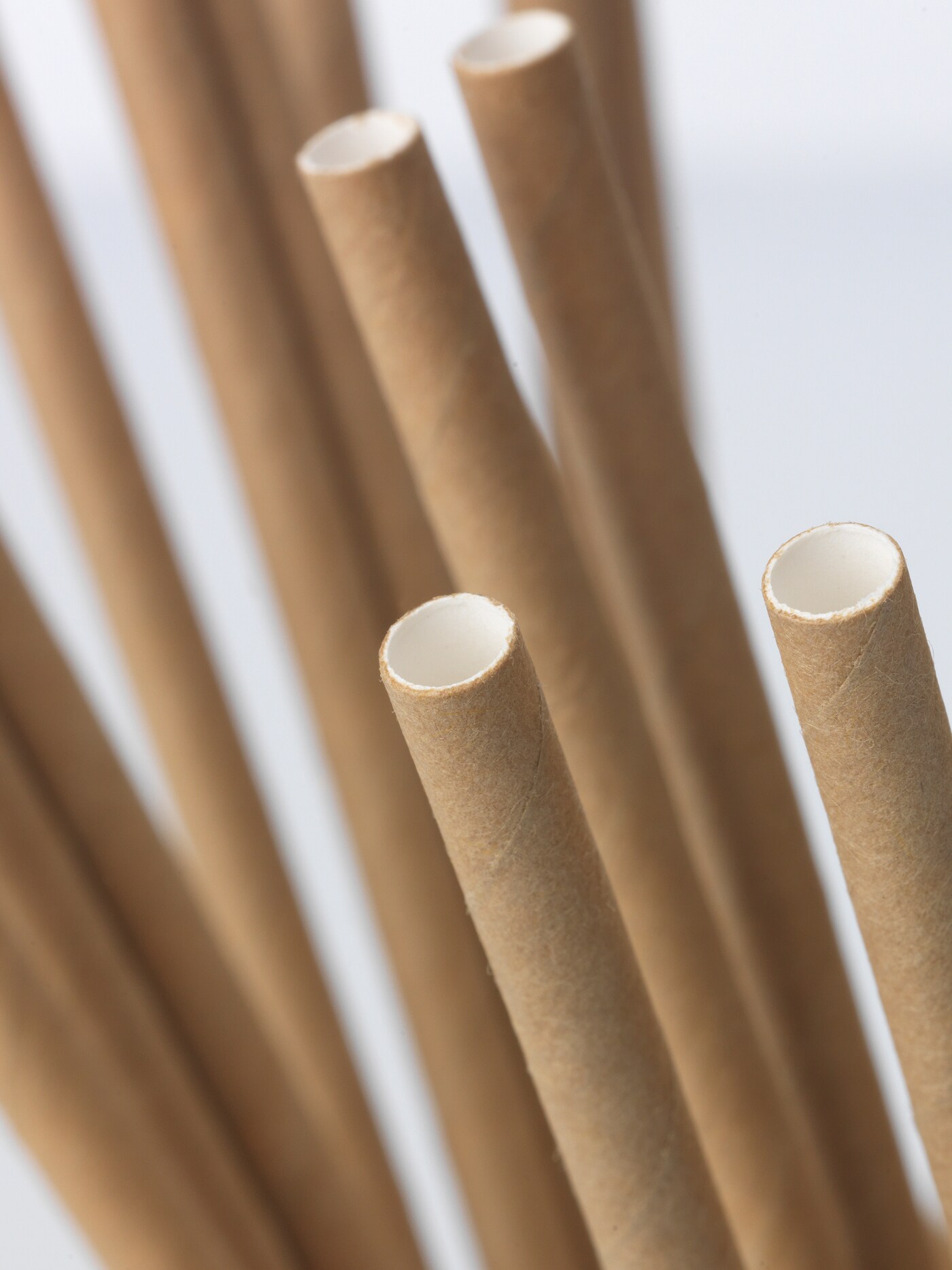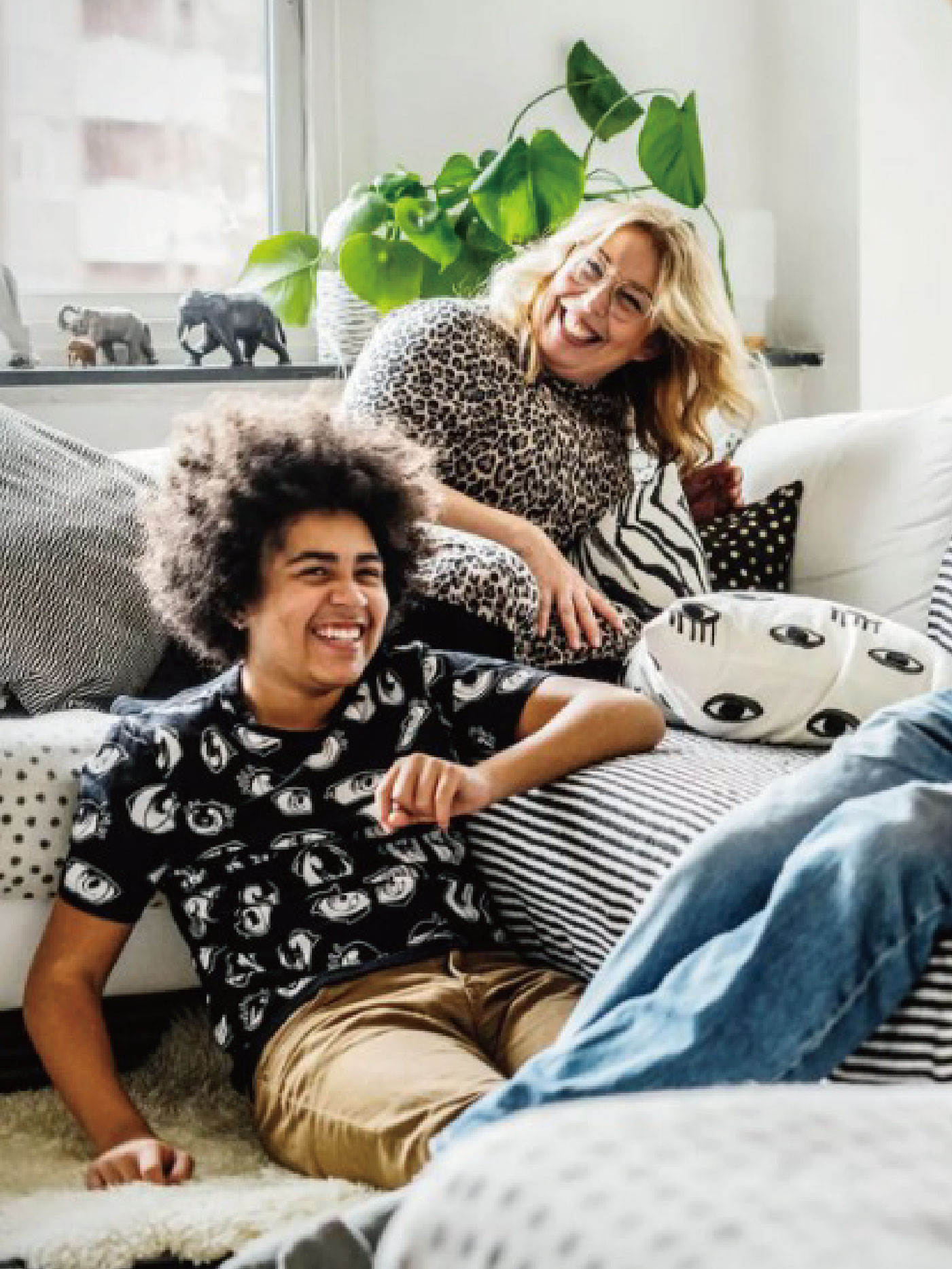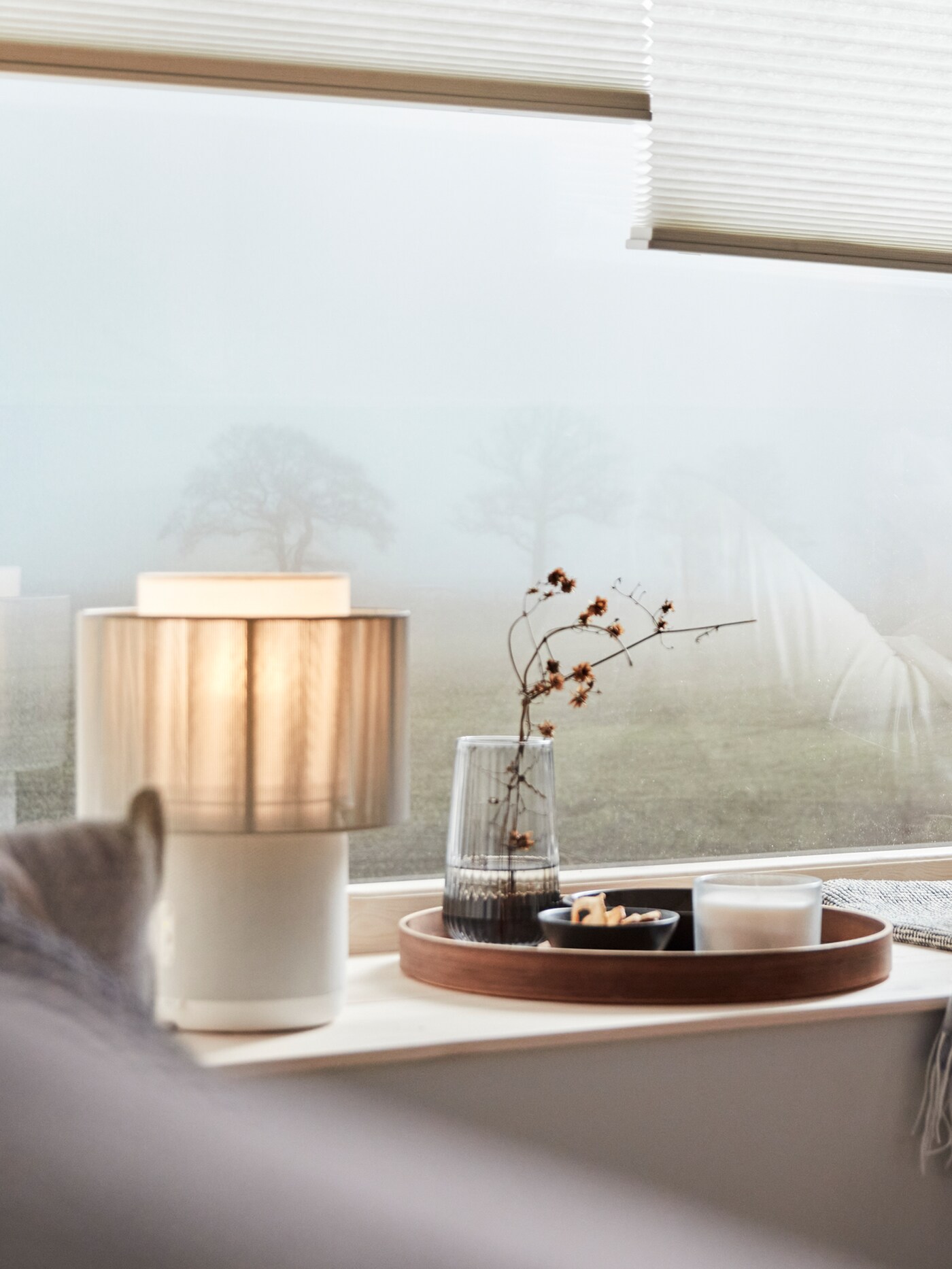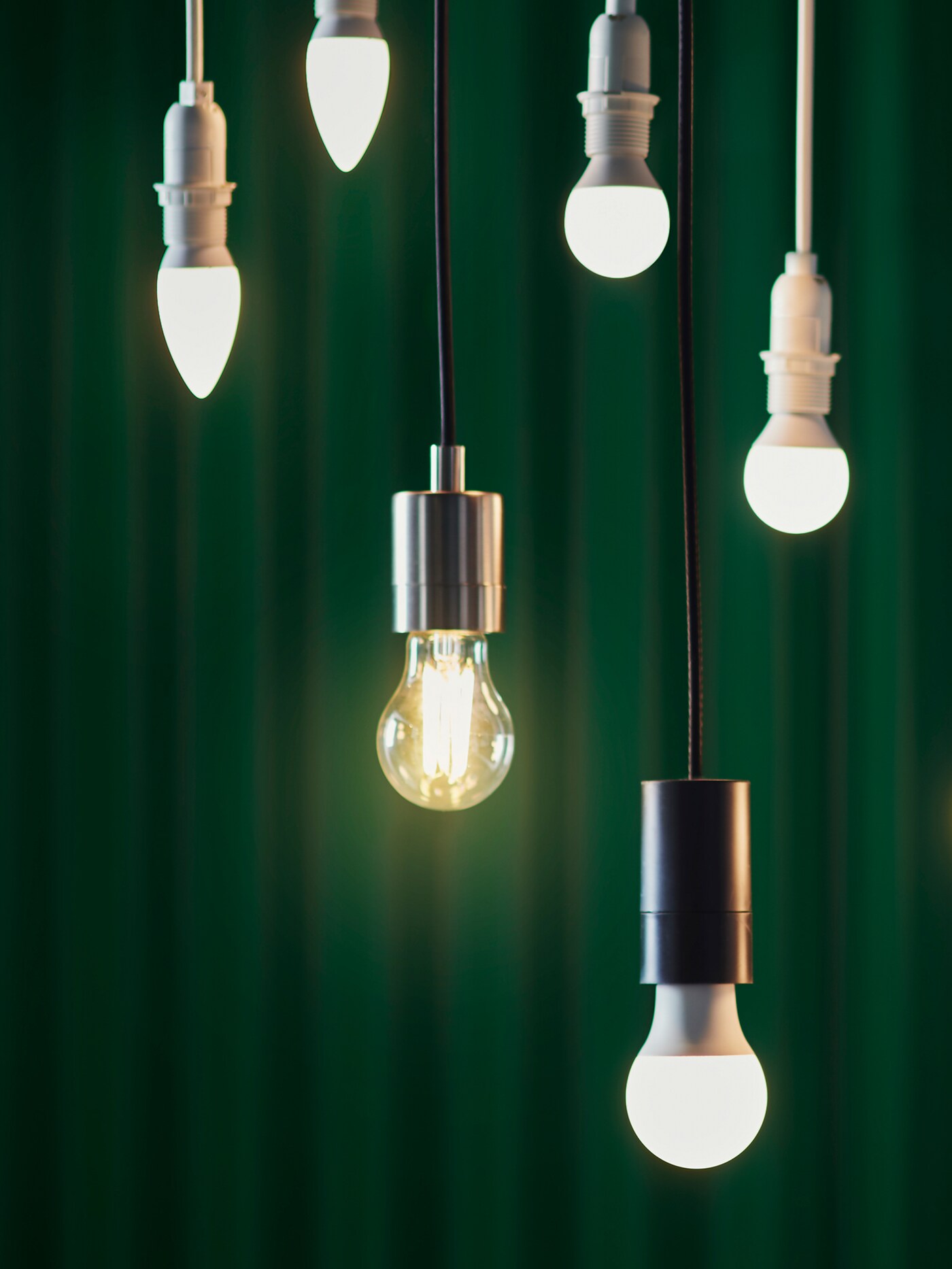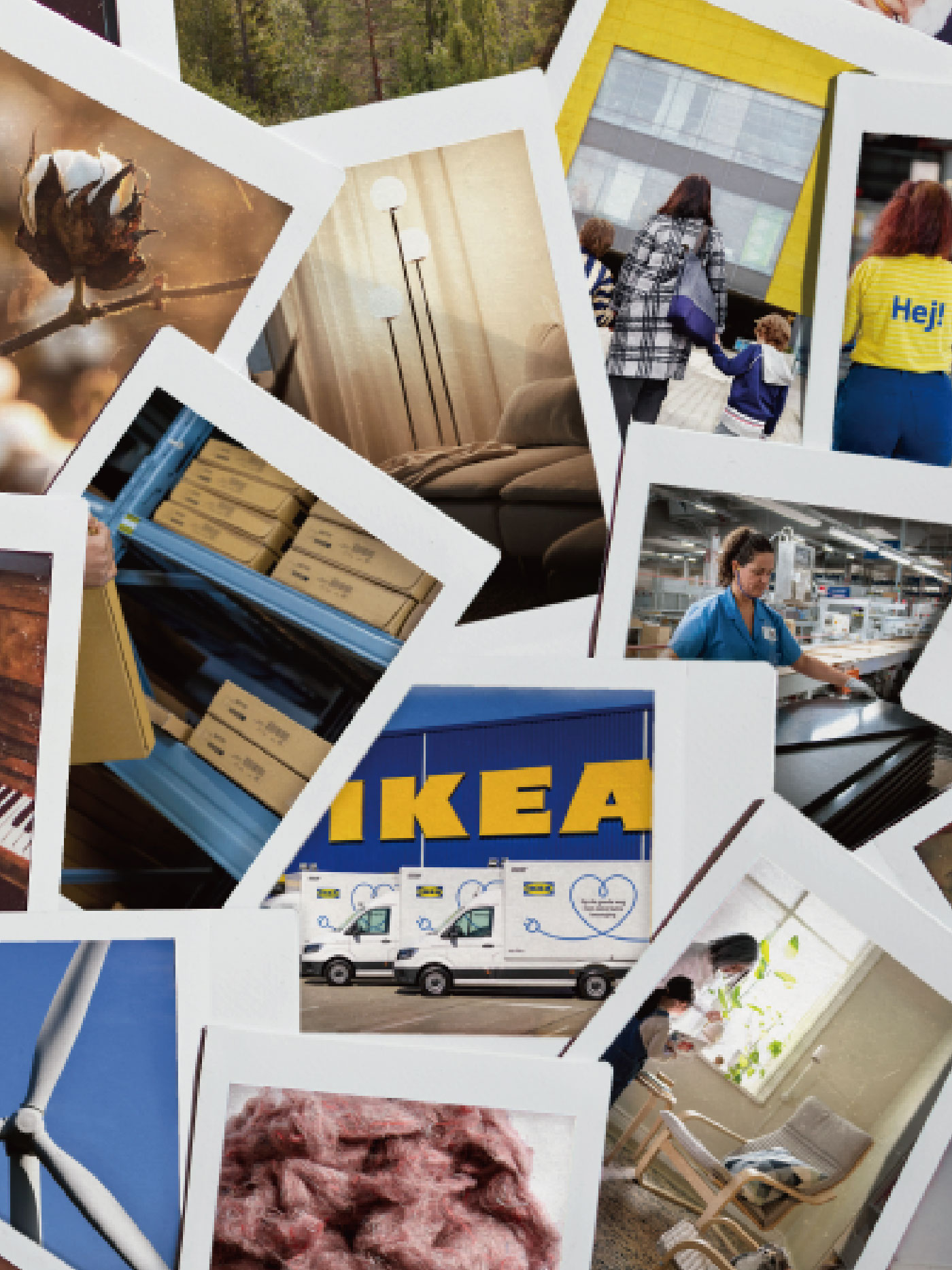Reduce food waste at home
One way to reduce our climate impact is by minimising waste. There are many ways to do this, from using only what we need, to creating a recycling station at home. Re-using leftovers also helps. Remember, every little bit counts.
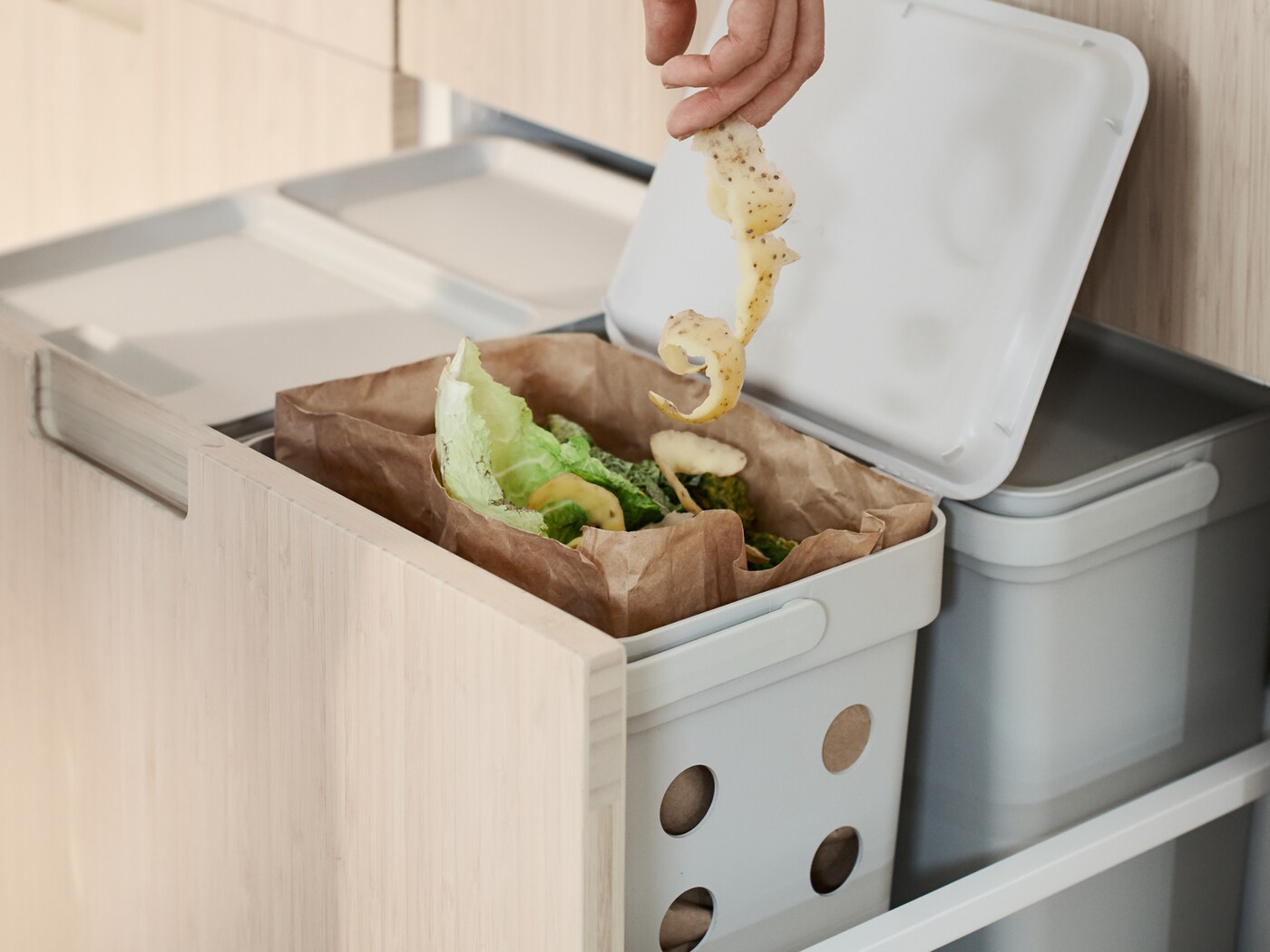
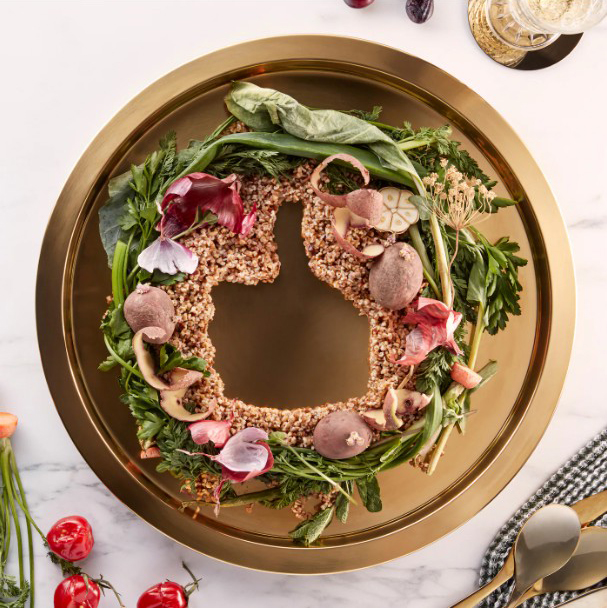
Did you know
Roughly a third of the food produced for human consumption worldwide every year gets lost or wasted.
Have you ever cooked just the right amount of pasta?
Thought so. But thanks to IKEA 365+ food containers you can turn that excess pasta into delicious leftovers. The snap-and-lock lid prevents spills and creates an aroma-tight seal, so the food stays fresh for longer. This means less waste and more satisfaction.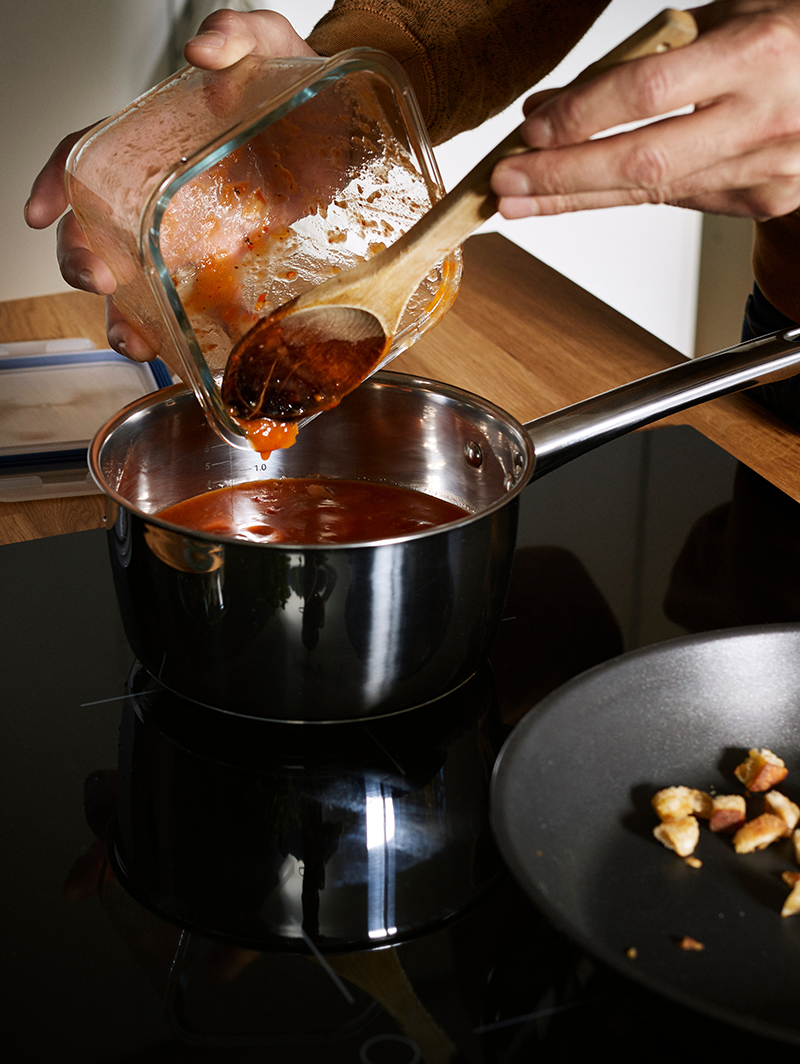
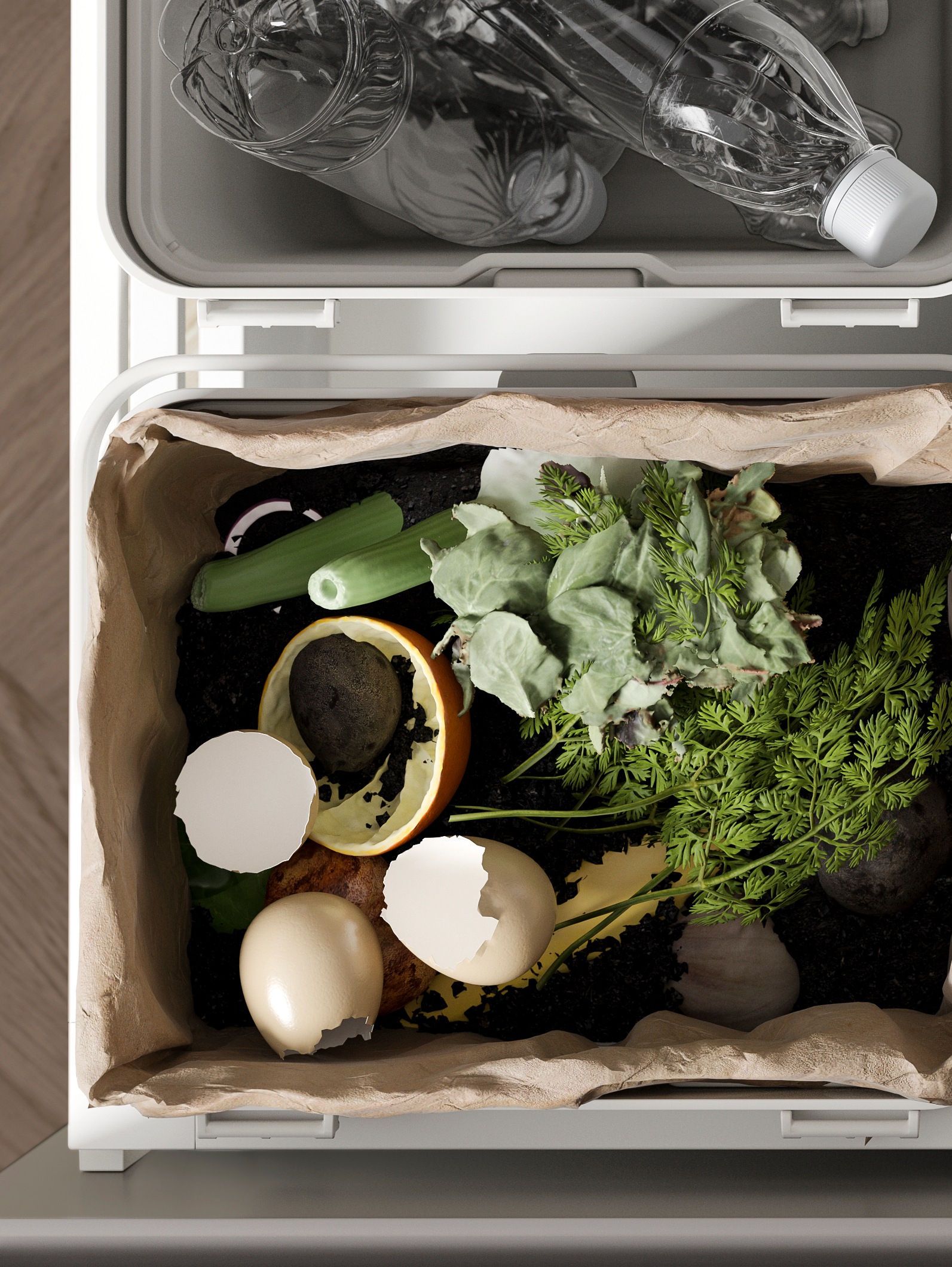
Let’s talk trash
We’ve started a journey to not only produce plastic products from industrial waste but also from household waste. The first of these products is HÅLLBAR waste bin which is used to separate waste and take care of recycling in people’s homes.
Make your own bottled water from a natural source. The tap.
Plastic waste pollution is a matter of real concern for all of us, not to mention the emission of greenhouse gases from transportation. So, next time you feel like grabbing a bottle of spring water from some far-away well, don’t. Instead, bottle your own water using the durable IKEA 365+ bottle.
Many brands of bottled water are really just tap water – and often at 2,000 times the price. So why not refill your bottle from the tap to save both plastic and money.
If the current trend continues, there will be more plastic than fish in the world’s oceans by 2050. As part of our commitment to people and the planet, we phased out all single-use plastic products from the global home furnishing range in January 2020.
